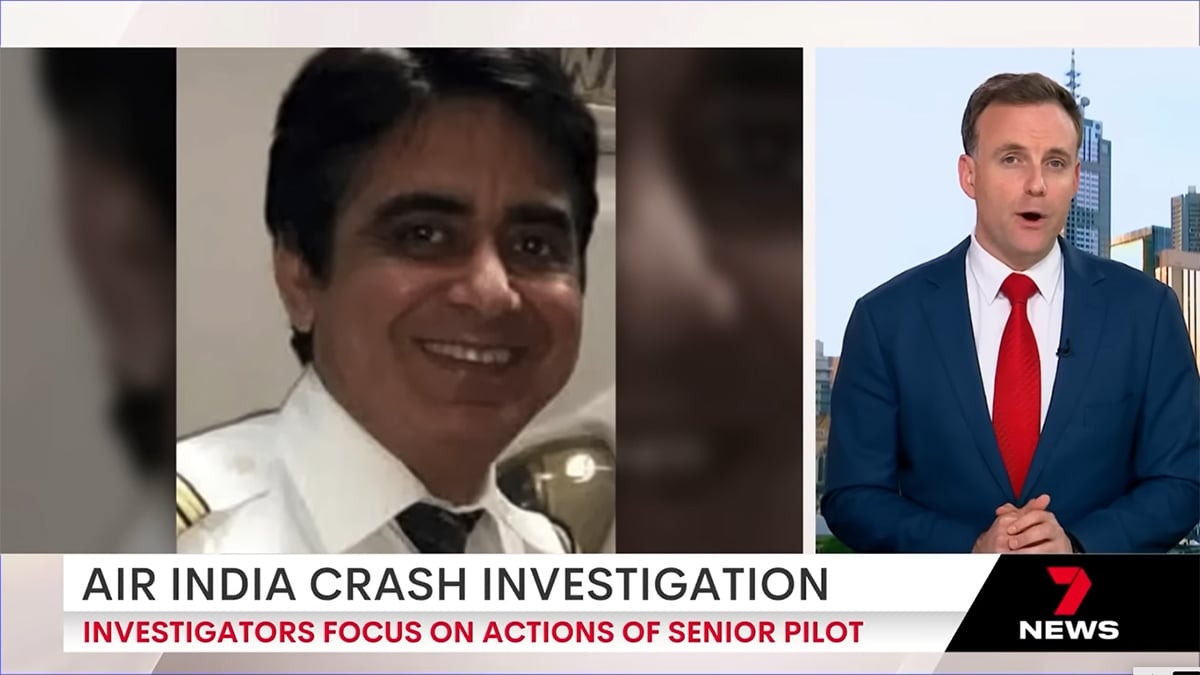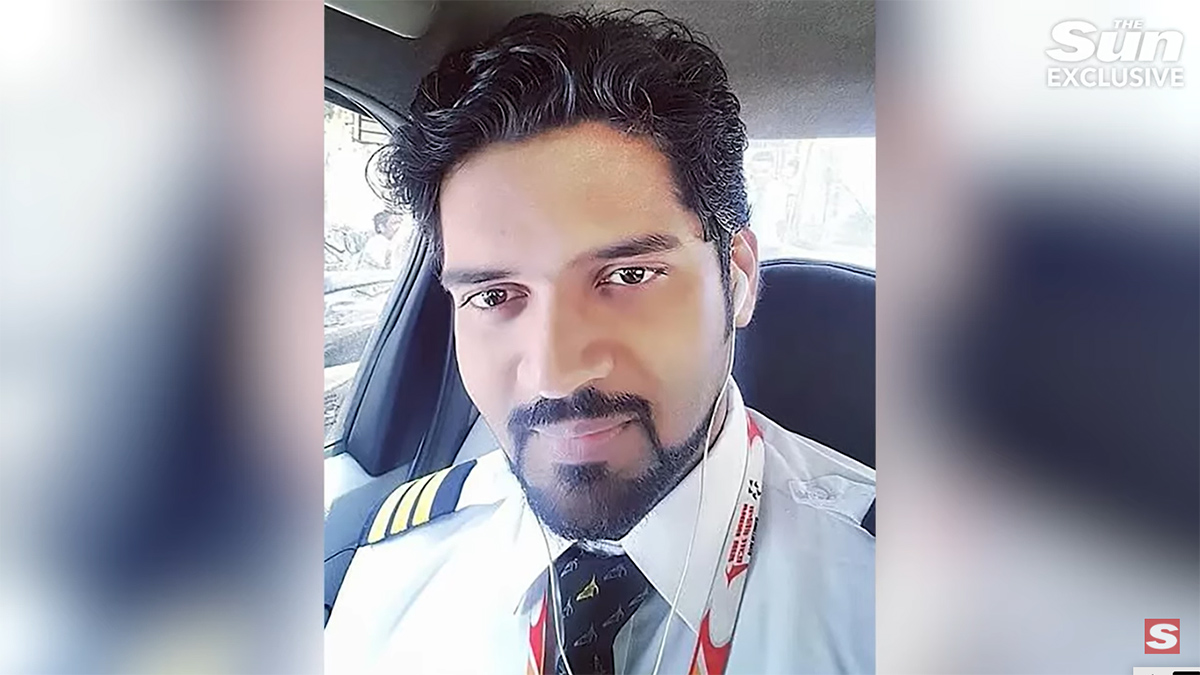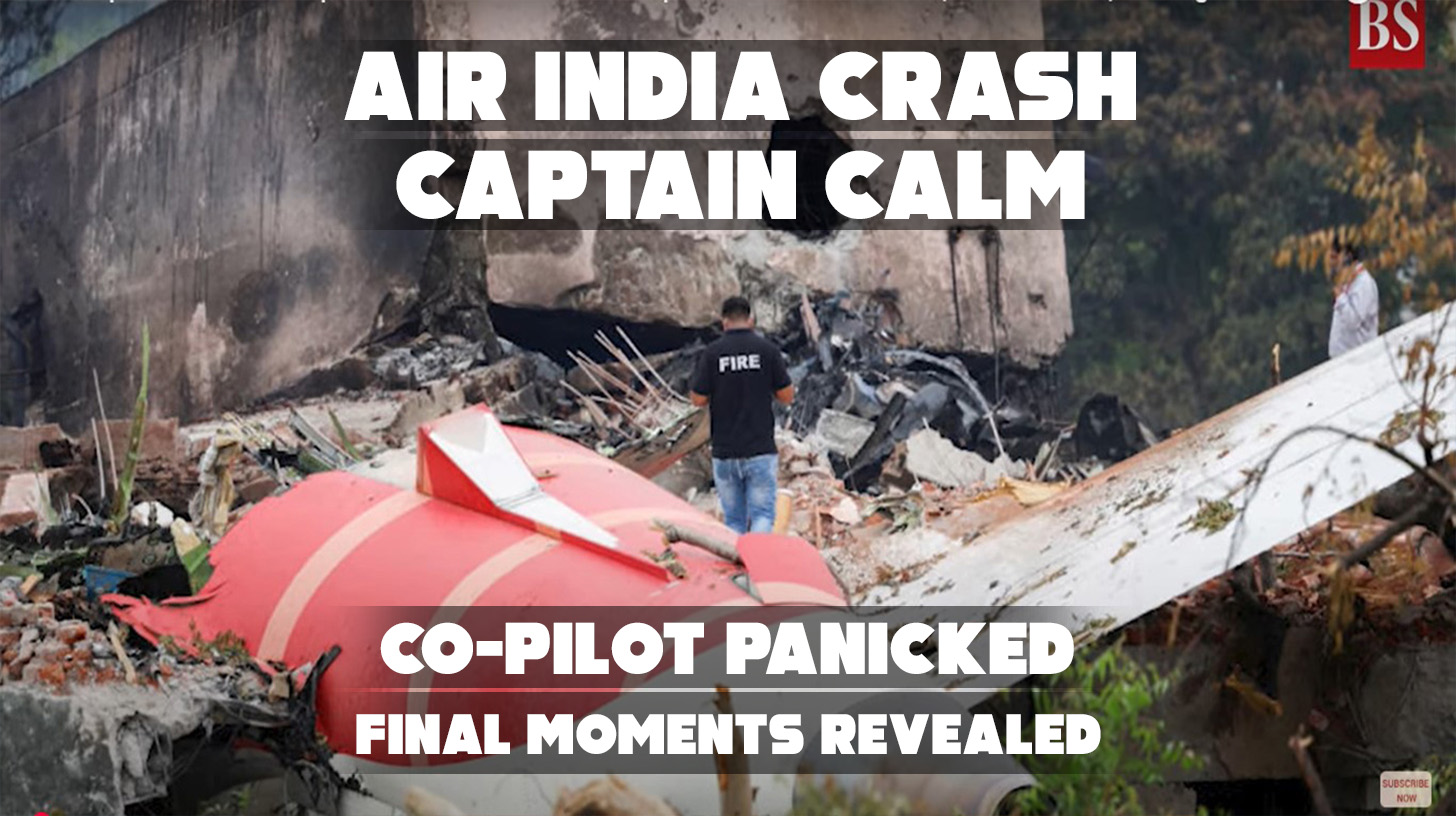A devastating crash involving Air India Flight 171 has prompted a deep investigation into the cockpit dynamics and critical decisions made just seconds before the plane went down. The incident, which claimed 260 lives, is now being examined closely for possible pilot error and mental health concerns.
Conflicting Reactions in the Cockpit Before Impact

According to the investigation, the aircraft crashed near Ahmedabad shortly after takeoff on June 12. Co-pilot Clive Kunder was flying the plane while Captain Sumeet Sabharwal monitored instruments. During this time, two fuel control switches were manually turned off—one second apart—shutting down both engines.
Though Captain Sabharwal denied touching the switches, flight recorder data suggests he may have been responsible. Investigators noted that the switches are protected by a lock mechanism, making accidental operation highly unlikely.
During their tense argument, the pilots repeatedly accused each other. Sabharwal said, “I didn’t touch the switches,” while Kunder responded, “Then who did? We’re losing power fast!” They tried to reset the switches ten seconds later, but the engine power had already dropped too low to recover.
According to the black box recordings, Captain Sumeet Sabharwal remained calm despite the sudden fuel loss, saying, “We need to stay composed and handle this carefully.” Meanwhile, First Officer Clive Kunder was heard panicking, repeatedly expressing concern about the fuel supply being cut off.
The investigation highlights Captain Sabharwal’s calm demeanor as he monitored the situation, contrasting with Kunder’s frantic efforts to regain control. “Stay calm, we’ll figure this out,” the captain reportedly urged, trying to stabilize the aircraft. However, the quick loss of engine power and confusion in the cockpit led to the fatal crash.
The crash killed all passengers and 19 people on the ground. Survivor Vishwash Kumar Ramesh, seated in 11A, miraculously escaped but lost his brother in the explosion.
Mental Health History and Crew Behavior Scrutinized

Authorities are now reviewing the mental health records of the pilots. Captain Sabharwal had taken time off after his mother’s death and reportedly dealt with depression, though both he and the co-pilot were medically cleared to fly.
Experts remain divided. Some say the captain’s calm reaction during the incident suggests experience, while others view it as emotional detachment. The 28-year-old co-pilot had logged over 3,400 flying hours, but investigators question whether he was prepared for such an emergency.
No mechanical problems were found with the fuel system or engines, and tests ruled out contaminated fuel or bird strikes. The crash is being considered a likely result of human error in the cockpit, possibly linked to poor judgment or psychological strain.
Authorities continue to investigate all possible causes, with the focus now on whether the tragedy could have been prevented with clearer communication and better emotional readiness among the flight crew.





